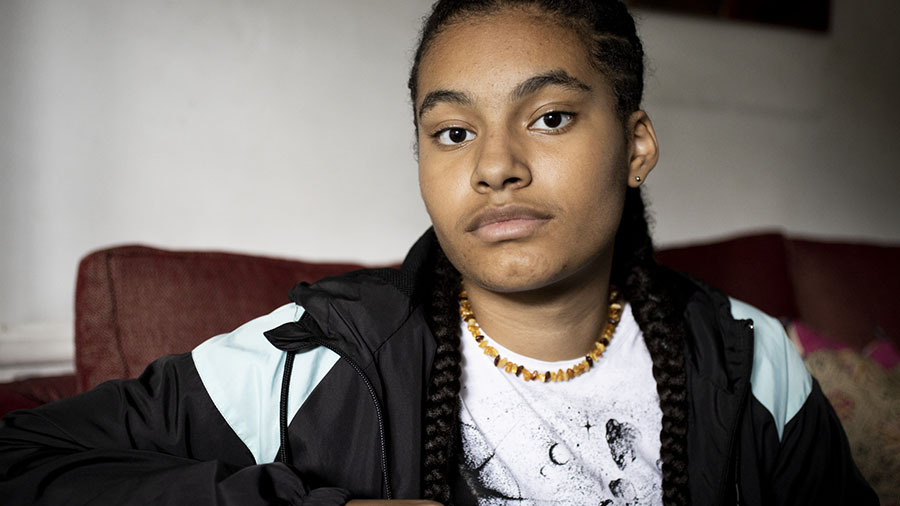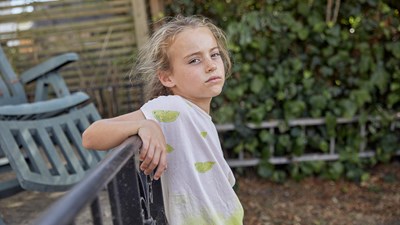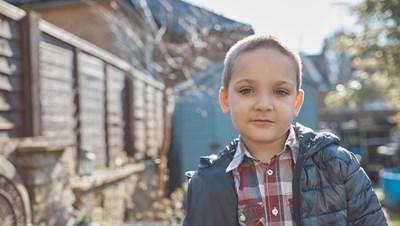Last year, our Helpline received an average of six contacts a day from adults with concerns about a child linked to parental alcohol or substance misuse1.

The number of children in England with a parent who misuses alcohol remains consistently high, with more than 70,000 cases being recorded each year since 2019/20.
Last year, 71,580 children were identified through Child in Need assessments as having a parent in this position2. During this same time period, our Childline counselling service delivered 338 counselling sessions to children with concerns on this issue.





